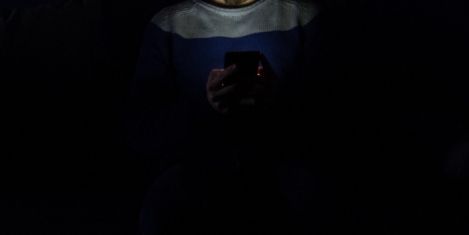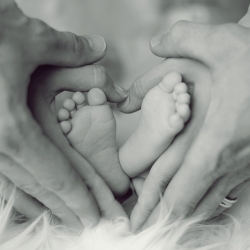To provide the best experiences, we use technologies like cookies to store and/or access device information. Consenting to these technologies will allow us to process data such as browsing behaviour or unique IDs on this site. Not consenting or withdrawing consent, may adversely affect certain features and functions.
The technical storage or access is strictly necessary for the legitimate purpose of enabling the use of a specific service explicitly requested by the subscriber or user, or for the sole purpose of carrying out the transmission of a communication over an electronic communications network.
The technical storage or access is necessary for the legitimate purpose of storing preferences that are not requested by the subscriber or user.
The technical storage or access that is used exclusively for statistical purposes.
The technical storage or access that is used exclusively for anonymous statistical purposes. Without a subpoena, voluntary compliance on the part of your Internet Service Provider, or additional records from a third party, information stored or retrieved for this purpose alone cannot usually be used to identify you.
The technical storage or access is required to create user profiles to send advertising, or to track the user on a website or across several websites for similar marketing purposes.
 Hardworking professionals are feeling the effects of longer working days and unpaid overtime, according to new research by law firm, Wright Hassall. The research claims that the average worker is performing nine or more hours of overtime in a given week, which totals more than one working day, compared to just three or more hours before the start of the pandemic. What’s more, 52 percent are actually doing so without being paid for this. (more…)
Hardworking professionals are feeling the effects of longer working days and unpaid overtime, according to new research by law firm, Wright Hassall. The research claims that the average worker is performing nine or more hours of overtime in a given week, which totals more than one working day, compared to just three or more hours before the start of the pandemic. What’s more, 52 percent are actually doing so without being paid for this. (more…)







 A December 2020 online study of 1,136 employed U.S. adults carried out by wellbeing provider
A December 2020 online study of 1,136 employed U.S. adults carried out by wellbeing provider 
 Heightened anxiety during the Covid-19 pandemic has led to employees working longer hours and taking fewer sick days, all the while becoming less fulfilled by work and life, according to the latest analysis from
Heightened anxiety during the Covid-19 pandemic has led to employees working longer hours and taking fewer sick days, all the while becoming less fulfilled by work and life, according to the latest analysis from 
 Almost half of UK businesses have seen an employee move on because their mental health wasn’t being looked after, with a quarter losing a key member of their workforce, according to new
Almost half of UK businesses have seen an employee move on because their mental health wasn’t being looked after, with a quarter losing a key member of their workforce, according to new 
 A newly commissioned survey of 1,000 people conducted by Censuswide on behalf of
A newly commissioned survey of 1,000 people conducted by Censuswide on behalf of
 A lack of balance through lockdown has been felt most dramatically by Brits living in house shares according to new research released by
A lack of balance through lockdown has been felt most dramatically by Brits living in house shares according to new research released by 
 Women taking maternity leave collectively lose out on £3.2bn worth on earnings, a fall of nearly half their average annual salary, claims new research from
Women taking maternity leave collectively lose out on £3.2bn worth on earnings, a fall of nearly half their average annual salary, claims new research from 
 In a recent
In a recent 
 The pandemic has seriously altered how we work. According to statistics published by the
The pandemic has seriously altered how we work. According to statistics published by the 
 Despite the last-minute extension of the furlough scheme, new research conducted among UK business leaders claims that great concern remains around making redundancies and in particular the legal risk. The survey of over 440 UK business leaders, conducted by employment law and HR support firm
Despite the last-minute extension of the furlough scheme, new research conducted among UK business leaders claims that great concern remains around making redundancies and in particular the legal risk. The survey of over 440 UK business leaders, conducted by employment law and HR support firm 
 With a new national lockdown, the situation in the UK remains unpredictable and complicated, and renewed pressure to work from home has forced many organisations to reverse their back-to-work plans, according to a new study from
With a new national lockdown, the situation in the UK remains unpredictable and complicated, and renewed pressure to work from home has forced many organisations to reverse their back-to-work plans, according to a new study from 
 New research from
New research from 







